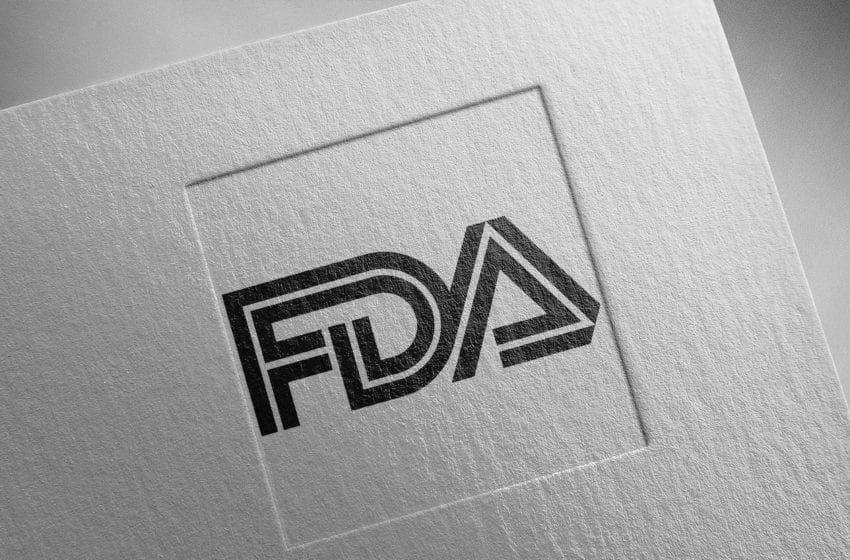The U.S. Food and Drug Administration (FDA) has issued a statement that it has updated the language used in its deficiency letters. The new language is intended to clarify the purpose of the letters that are related to its premarket tobacco product application (PMTA) process. In an email on June 3, the FDA explained that such letters are only meant to communicate information gaps identified during review. The letter offers the applicant an opportunity to provide further information.

“The language further clarifies that the letter is not intended to convey a list of concerns about the product, and a complete response to the deficiency letter does not guarantee that the applicant will receive a positive marketing order,” the agency states. “Importantly, a final decision regarding marketing of the product(s) will be made at the end of FDA’s scientific review. FDA will base the final decision on the applicable public health standard in the Federal Food, Drug, and Cosmetic Act after reviewing the totality of all the information included in the original submission and amendments.”
Following last year’s Sept. 9 PMTA deadline for most deemed new tobacco products, including vapor and e-cigarette products, that are currently on the market, the FDA’s job is to process, review, and take action on as many applications as possible before September 9, 2021, according to the agency. The substantive review process is the longest and most thorough phase of FDA’s review. Substantive review includes the evaluation of the scientific information and data in an application and often includes identification of follow-up questions for the applicant.
Before a final decision is made based on substantive review, the FDA generally sends a deficiency letter, which allows one opportunity for applicants to provide any additional information that the FDA needs to continue its scientific review. The agency typically allows 90 days for an applicant to respond to a deficiency letter.

